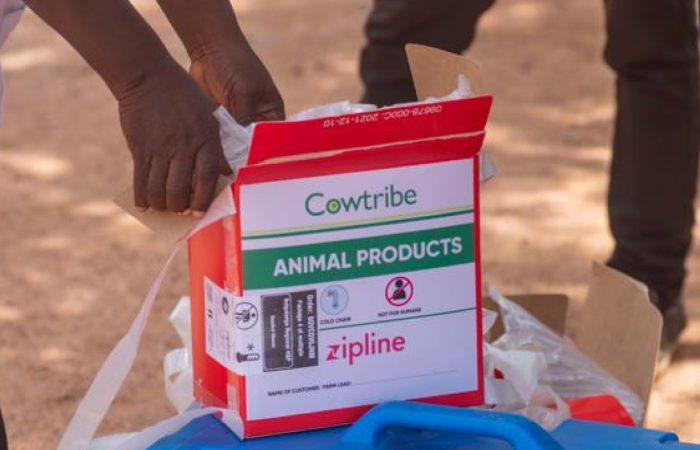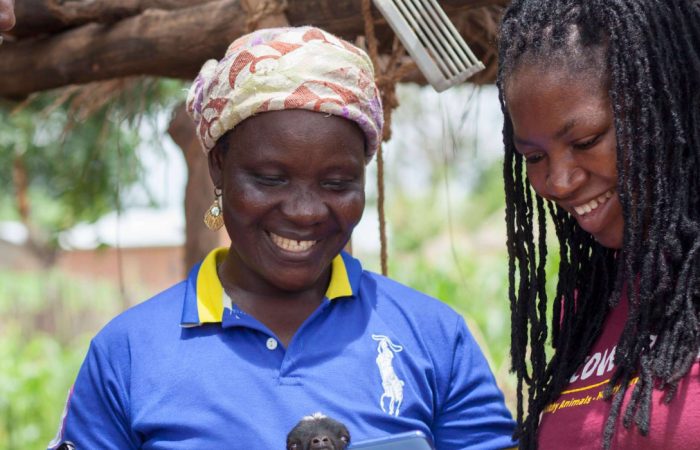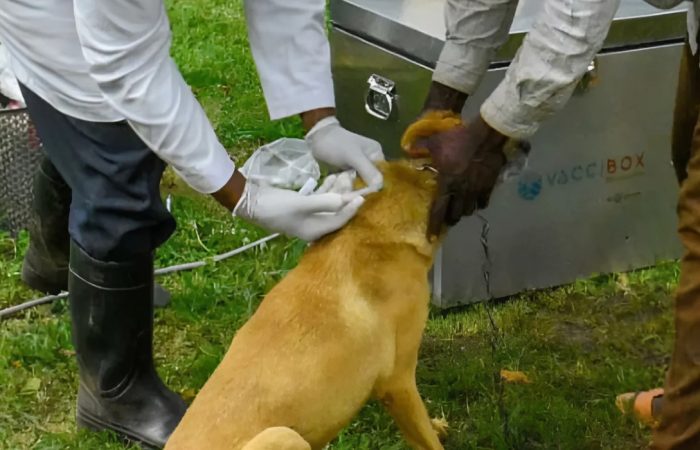Gender-Responsive Vaccine Delivery in Northern Ghana
Published on
July 5, 2024
Author
admin12
Challenge
:In Northern Ghana, women farmers encounter significant barriers in accessing animal health services compared to men. These challenges stem from limited interactions with predominantly male veterinarians, a lack of awareness about available vaccines, restricted mobility to agro-vet shops, and minimal control over household finances and assets. These issues severely limit their ability to maintain the health and productivity of their livestock. Statistics indicate that approximately 70% of women in the region struggle to access veterinary services, underscoring a significant gender disparity in the availability of agricultural resources. This gap not only hinders women’s ability to safeguard and improve their livestock investments but also impacts their economic stability and empowerment within the community. It is essential to address these barriers to improve livestock health and to support the advancement and empowerment of women in these communities. Doing so ensures that women can contribute to and benefit equally from agricultural opportunities, fostering a more inclusive and productive agricultural sector.
Intervention
The Women’s Resilience Project (WRP), running from 2019 to 2023, was supported by major organizations like IDRC, the Bill & Melinda Gates Foundation, and Global Affairs Canada. This initiative aimed to enhance livestock vaccination in rural communities, with a strong focus on empowering women. The project employed two innovative approaches to vaccine delivery: the Gender Accommodative approach, which provided easier access to vaccines for women without altering existing societal norms, and the Gender Transformative approach, which encouraged women’s active involvement and decision-making in the vaccination process to help shift gender norms.
At the heart of the project’s success was Cowtribe’s LastmileDaaS technology platform, which managed the vaccination delivery component from start to finish. This platform handled everything from the registration of livestock and their owners to tracking, distributing vaccines, and ensuring all procedures were thoroughly monitored for efficacy. To address literacy barriers, Cowtribe used voice-based SMS messaging, ensuring that essential information about livestock health and vaccination schedules was accessible to all community members, regardless of their ability to read. Additionally, Cowtribe ran specialized training programs for Female Community Livestock Volunteers (CLVs), who were instrumental in registering farmers for vaccinations and spreading knowledge on best livestock practices. To further enhance efficiency, Cowtribe partnered with Zipline to deliver vaccines via drones, drastically cutting delivery times and costs while maintaining the necessary cold chain for vaccine effectiveness.
Value Added
The project effectively registered and vaccinated over 3,800 women across 40 communities, administering three rounds of Newcastle disease vaccinations to 2,829 farmers and immunizing 80,542 poultry birds. This demonstrated Cowtribe’s ability to organize and execute extensive vaccination drives, directly benefiting underserved populations, especially women. Additionally, all registered farmers received education on improved livestock management practices, achieving a success rate of 45.79%, which likely contributed to better animal health and increased productivity.
Significantly, there was a 607% increase in the uptake of the ND i2 vaccine for poultry and a 7% increase in goats vaccinated against PPR. Higher vaccine adoption rates were noted particularly in communities employing a gender transformative approach, focusing on altering gender norms to empower women. Additionally, the innovative use of drone technology to deliver vaccines played a crucial role. By overcoming geographic and infrastructural challenges, drone deliveries reduced the vaccine cost per dose by 67%, ensuring quick and safe vaccine delivery and maintaining their effectiveness.
Overall, the project significantly boosted women’s financial independence in several key ways. First, by increasing livestock assets, it enabled women farmers to expand their agricultural operations, potentially leading to higher productivity and greater market presence. This increase in assets often allows farmers to diversify their sources of income, not only by selling more products but also by enhancing the quality and health of their livestock, which can command higher prices in markets.
Additionally, the project contributed to reducing livestock care costs through improved access to more affordable veterinary services and vaccinations. The reduction in costs came partly from the streamlined vaccine delivery system, which included the use of drone technology. This innovation reduced the need for farmers to travel long distances to access vaccines, thereby saving on transportation costs and time spent away from their farms. The project also reduced the cost of vaccines by 22%, making regular vaccinations more accessible and affordable, which is crucial for maintaining healthy livestock and preventing costly outbreaks of diseases.
These improvements not only enhanced the direct economic stability of women farmers but also reinforced the sustainability of their farming practices.
SHARE ON
CASE STUDY 2
Gender-Responsive Vaccine Delivery in Northern Ghana
More on Case Study

Cowtribe’s Lastmile DAAS Platform During the 2023 Anthrax Outbreak in Northern Ghana
Published on Author Challenge In May 2023, the Upper East Region of Ghana was hit ......

Gender-Responsive Vaccine Delivery in Northern Ghana
Published on Author Challenge :In Northern Ghana, women farmers encounter significant barriers in accessing animal ......

Faratashi: Harnessing Lastmile DaaS Platform to Fight Rabies in Bongama County
Published on Author Challenge In May 2023, the Upper East Region of Ghana was hit ......
